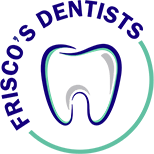Teeth are impacted if other teeth are preventing them from emerging properly, there is not enough room in the mouth for the teeth, or the teeth won’t emerge due to their positioning–such as if they are growing in sideways. We often hear the term “impacted teeth” when it comes to wisdom teeth, but any teeth can become impacted, especially if one has a genetically small mouth. Most often, impacted teeth have to be surgically removed because they will either damage other teeth or become infected. This is actually one of the biggest reasons why wisdom teeth are removed at all.
Causes of Impacted Teeth
As previously mentioned, one of the most common causes of impacted teeth is when the mouth has no room for incoming teeth. This most often happens with the wisdom teeth because they emerge so much later in life than the other teeth, but it can happen as early as the six-year molars as well.
If teeth move out of their appropriate positions, they can either create a situation where there is no room in a mouth for additional teeth, or they can force already-forming teeth to grow incorrectly. If these teeth don’t move back to where they belong, these newly-forming teeth can become impacted.
Impacted Teeth Treatments
Surgery is the most common option for treating impacted teeth, but it’s not the only one. Depending on the severity of your particular situation, your dentist could use orthodontic treatment to move the affronting teeth back into their correct spots. Doing so could alleviate pressure on new teeth, either allowing them to reposition themselves to grow in correctly or to prevent possible impaction from ever starting.
If you have any signs of an impacted tooth–severe redness that won’t go away, drainage, painful gums, prolonged headache or jaw ache, pressure in jaw bone or against other teeth–contact your dentist as soon as possible. If the impacted tooth is infected, it must be taken care of immediately to stop the infection from spreading to other teeth or mouth tissues.

